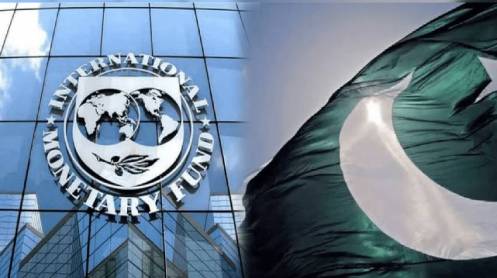ISLAMABAD: The International Monetary Fund (IMF) has not yet taken a final stance on Pakistan’s request for budgetary relief, as it continues to push for concrete steps to broaden the tax base—particularly in agriculture income and the retail sector.
Government officials, under the direction of Prime Minister Shehbaz Sharif, have held extensive discussions with the IMF mission since May 14. A key relief proposal includes a 2.5% across-the-board reduction in income tax rates for salaried individuals. However, the IMF’s approval hinges on Pakistan’s ability to meet the programme’s target of a 1.6% primary budget surplus—approximately Rs2.1 trillion.
To bridge any potential revenue gap, authorities have pledged to slash spending under the Public Sector Development Programme (PSDP). The upcoming budget, set to be presented on June 2, is also expected to include increases in the petroleum levy and the introduction of a new carbon levy on energy products.
Despite speculation, no relief measures have yet been approved or rejected by the IMF. Officials have shared detailed budget data and projections with the Fund, and responses to further queries are being compiled.
The IMF has also called for better enforcement of agriculture income tax by September 2025 and emphasized greater provincial revenue contributions to ensure fiscal discipline.
Meanwhile, the government’s “Tajir Dost” scheme for retailers is set to be replaced due to its underperformance. Additionally, the resolution of pending litigation—worth Rs770 billion—is expected to generate significant tax revenue. A Supreme Court ruling alone could unlock up to Rs120 billion, according to IMF estimates.
Story by Khaleeq Kiani







